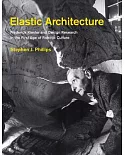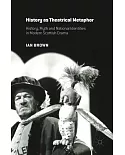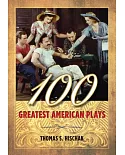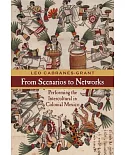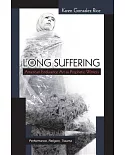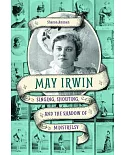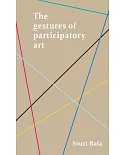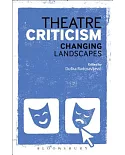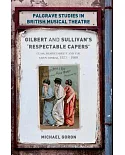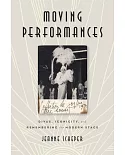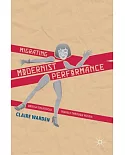"A pioneer of American modern drama and founding member of the Provincetown Players, Susan Glaspell (1876-1948) wrote plays of a kind that Robert Brustein defines as a "drama of revolt," an
expression of the dramatists’ discontent with the prevailing social, political, and artistic order. Her works display her determination to put an end to the alienating norms that, in her eyes
and those of her bohemian peers, were stifling American society. This determination both to denounce infringements on individual rights and to reform American life through the theatre shapes
the political dimension of her drama of revolt. Analyzing plays from the early Trifles (1916) through Springs Eternal (1943) and the undated, incomplete Wings, author Emeline Jouve illustrates
the way that Glaspell’s dramas addressed issues of sexism, the impact of World War I on American values, and the relationship between individuals and their communities, among other concerns.
Jouve argues that Glaspell turns the playhouse into a courthouse, putting the hypocrisy of American democracy on trial. In staging rebels fighting for their rights in fictional worlds that
reflect her audience’s extradiegetic reality, she explores the strategies available to individuals to free themselves from oppression. Her works envisage a better future for both her fictive
insurgents and her spectators, whom she encourages to consider which modes of revolt are appropriate and effective for improving the society they live in. The playwright defines social reformin
terms of collaboration, which she views as an alternative to the dominant, alienating social and political structures. Not simply accusing but proposing solutions in her plays, she wrote dramas
that enacted a positive revolt. A must for students of Glaspell and her contemporaries, as well as scholars of American theatre and literature of the first half of the twentieth century"--


